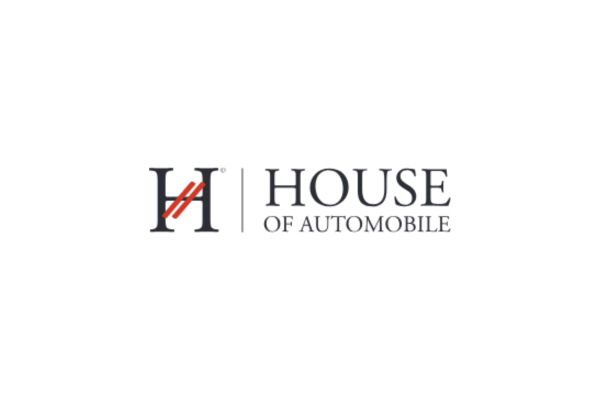
On Thursday 12 December 2024, Luxembourg's House of Automobile held a conference on the future of the company car at the Luxembourg Chamber of Commerce in Luxembourg-Kirchberg.
According to the House of Automobile, the objective was to provide information, supported by numerical data, to facilitate informed decision-making regarding recent developments in the automotive sector, as well as regulatory and tax changes. The conference disacussed discussed both a possible increase in the cost of leasing and the increased complexity of daily management.
Representative organisations of the Luxembourg automotive sector at the evening event included FEDAMO (dealers and garages), Mobiz (leasing and rental companies) and FEBIAC (manufacturers and importers).
Gerry Wagner, Spokesperson of the House of Automobile gave a brief presentation on the House of Automobile to the 300 participants present.
Vincent Henneaux, Vice-President of Mobiz opened the conference. Véronique Bourgois Vice-President of Mobiz introduced the content of the conference and the speakers for the evening.
Carlo Thelen, Director General of the Chamber of Commerce, gave a macroeconomic overview of the issues related to company vehicles in Luxembourg, highlighting their strategic importance on the national market.
Gerry Wagner then presented statistical data on the Luxembourg automobile market, highlighting the major economic effect of company cars, as well as their role in the country's energy transition.
In the second part of the evening, Erwan Loquet, Partner Indirect Tax at accounting firm BDO, and Sandra Claro, Partner Payroll at BDO and President of the Luxembourg Payroll Provider Federation, clarified the many questions raised by the new VAT modalities, following the QM ruling of the Court of Justice of the European Union. They detailed the obligations and good practices to adopt in order to avoid any unnecessary administrative complexity.
Dominique Roger, President of Mobiz, gave examples of taxation of the benefit in kind, to give a better understanding of the practical impacts of these changes on the overall remuneration of the beneficiary employees. He also demonstrated through a quantified approach that giving up the company car in favour of an increased salary does not cover the cost of using an identical vehicle.
To conclude, Dominique Roger summarised the key points discussed during the conference, thus offering a synopsis of the reflections presented and the possible solutions for the companies and professionals concerned.
According to House of Automobile, the company car remains an essential asset for attracting, motivating and retaining talent, in a context where the Luxembourg economy must remain competitive. It represents 54% of new registrations and promotes a recent, technologically advanced, safer and greener vehicle fleet. The QM ruling does not invent VAT on the private use of the vehicle, which already exists, but complicates its application, in particular regarding the rules of the country of residence and retroactivity, requiring appropriate support. The benefit in kind remains very interesting, especially for zero-emission vehicles until 2026, and the financial impact of the increase for thermal vehicles remains measured. Operational leasing retains real advantages (ease, competitiveness, financing, etc.), making it totally disadvantageous to convert the car budget into a salary.
The evening was completed by a round table, hosted by Daniel Debrouwer, Euro Fleet Consult.








